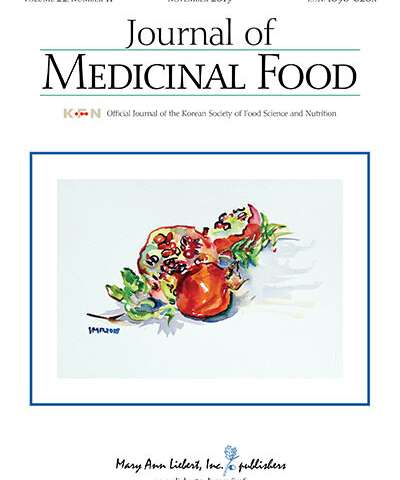
Researchers demonstrated that Lactobacillus rhamnosus can dose-dependently reestablish a balanced intestinal microbiome and counter the liver-damaging effects of alcohol consumption in mice to reverse the results of chronic alcohol-induced liver injury. The design, results, and implications of this new study are published in Journal of Medicinal Food.
The article entitled “Lactobacillus rhamnosus Granules Dose-Dependently Balance Intestinal Microbiome Disorders and Ameliorate Chronic Alcohol-Induced Liver Injury” was coauthored by Yuhua Wanga and colleagues from Jilin Agricultural University, National Processing Laboratory for Soybean Industry and Technology, and National Engineering Laboratory for Wheat and Corn Deep Processing, Changchun, China.
In this study, mice consumed alcohol for 8 weeks and were fed Lactobacillus rhamnosus granules (LGG) the last 2 weeks, in varying doses (low, medium, and high) together with a high fat diet. The researchers showed that LGG administration dose-dependently improved alcohol-induced liver injury by reducing fat accumulation and the inflammatory response in liver. LGG consumption also ameliorated the liver damage. The probiotic effect of the LGG restored a healthy balance in the gut microbiome, which was damaged by the alcohol consumption. LGG reduced the number of gram-negative bacteria and increased gram-positive bacteria, including in the ileum and cecum.
Source: Read Full Article
